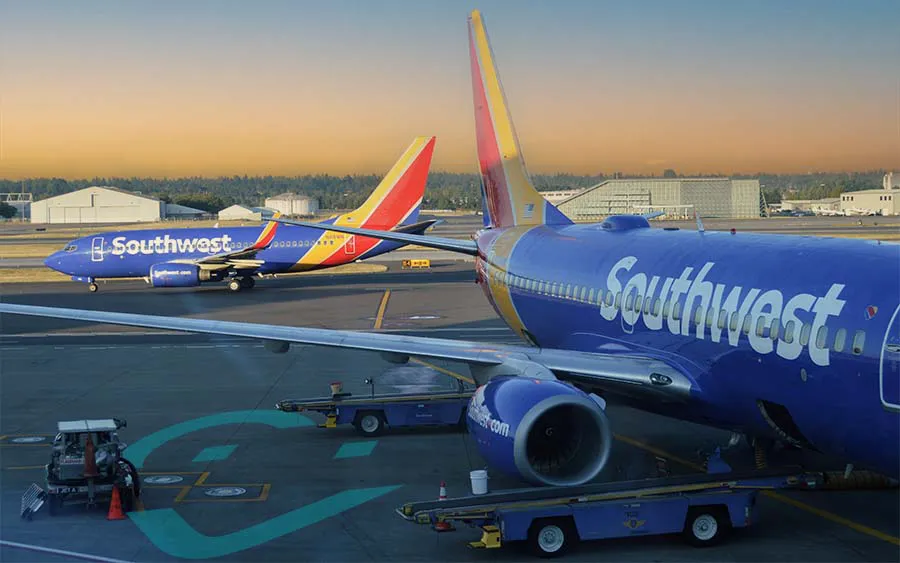Waiting for the perfect Moment? ERP Modernization
is often postponed
The ERP system is the heart of a company and is of central importance. As a rule, however, companies modernize their ERP solution on average only every eight to ten years. In recent years, the average lifespan of ERP software has increased even further and is now almost 15 years. 😳 In consequence of too much respect for the investment? Or according to the motto: “Never change a running system”?
Outdated ERP Systems cause Costs and Risks
Why should you change a system that works well and does its job? It’s better to leave everything as it is for the time being. But if you only take action when suddenly everything is no longer working smoothly, it will be difficult to catch up.
If you hold on to your outdated ERP solution for too long, this will also result in costs. Legacy systems are very inflexible. In addition, they can only be adapted to new requirements with a fairly high level of effort. And at some point they may even become a “burning platform”.
Managing ERP Modernization Step by Step
Once you have decided to modernize your solution, the next question is how you want to implement the project. A “big bang project”, in which you implement many changes in one go, may lead to a quick result - but it may make more sense to proceed in small steps, even if the project then takes a little more time.
There are Good Reasons for a Cloud Migration
Migrating to the cloud is one way to modernize your ERP system. In addition to the cost factor, there are other reasons why migrating your ERP solution to the cloud is worthwhile.

More information
on the topic ERP Modernization
on the


 Keeping an Eye on Costs and Risks
Keeping an Eye on Costs and Risks






